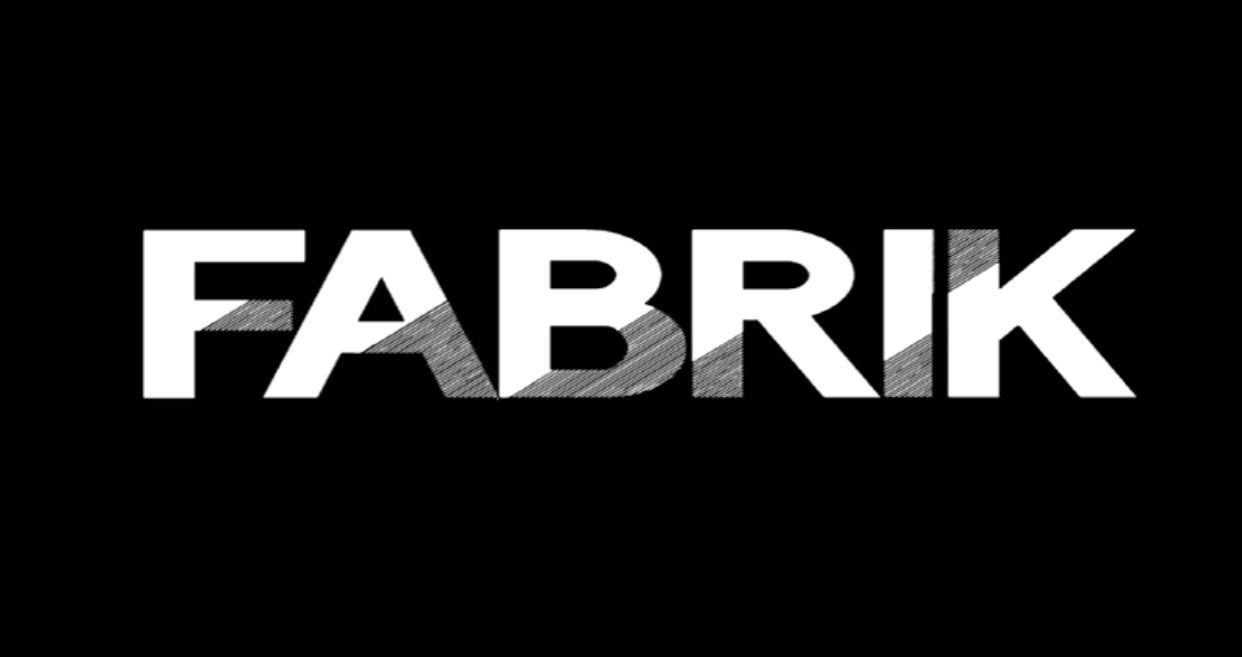Fabrik's First Runway: A Daring Exploration of the Politics of Nudity
- Fabrik Sussex

- Oct 29, 2019
- 3 min read
Article Written By: Emily Turner

The 27th of October marked the date of Fabrik’s first runway. Taking place in Mandela hall, the fashion show aimed to create stunning looks which engaged with unrepresented embodiments of nudity by challenging the fashion industry’s standardised notions of beauty. Fabrik’s team worked incredibly hard to cast a diverse range of models and to use stunning vintage pieces from Snooper’s Attic and Flock to form narratives which directly confront our societally conceived notions of nudity.
The show opened boldly with Donna Summer’s ‘I feel love’ playing, setting the scene of the glamour and decadence of the 1970s disco scene; think studio 54, think decadence, think sex. These expectations were embodied within the first two looks with the first including a sheer lace corset paired with suspenders and an oversized fur coat and the second being a topless model wearing a striking brown leather skirt and oversized fur. Through evoking the aesthetics of sleazy 1970s New York, these looks managed to comment on our preconceptions of sex work as something dirty, degrading and humiliating. The models walked down the catwalk with pride and confidence in their own nudity, presenting themselves as in control of their sexualities and proud of their bodies, which many sex workers actually are. The models also varied in body shape; one slender and one voluptuous but both absolutely stunning which also presents the powerful message that sex isn’t reserved for one specific body type. People adore and worship other people of all different sizes and both these looks were representative of women who are paid for their services. The models were admired and respected by the audience whilst on the catwalk which is representative and instilling of the attitude we should have towards sex workers.
A BDSM inspired look also beautifully challenged notions of reserved sexuality. This look featured a male amputee wearing various leather harnesses and holding a leather whip, confidently beating the air with it as he walked down the runway. This engagement with ideas of kink, fetish and intense sexuality really beautifully demonstrated the point that a disability doesn’t limit ones sexuality. In fact, the amputee’s prosthetic leg beautifully blended into the black of his BDSM toys, adding another layer of design and cohesion to the look.
Notions of conventional relationships were also challenged by two looks. One featured a reversal of wedding attire; with a man wearing a white dress and a woman wearing a tuxedo without a shirt underneath. This look was fascinating because although the pair had swapped the clothing assigned to their gender, they weren’t cross dressing. The woman’s breasts and the man’s muscles were still clearly on show, suggesting a gender neutrality within the marriage rather than a complete swapping of gender roles. Whilst obviously challenging the rules and assumptions traditionally placed upon men and women within relationships, this look also directly critiqued the tradition surrounding wedding attire. The white dress is a dated symbol of female purity, and the dress which the male model wore didn’t represent purity at all. It was grungy and short, almost looking like something Courtney Love would wear on stage and both looks through their bearing of skin and highlighting of sexualized body parts brought eroticism to the forefront.
Another look which focused on nudity within relationships updated the figures of Adam and Eve and made it racially diverse. Two black models walked down the runway as post lapsarian Adam and Eve, their bodies wrapped with ivy. Adam and Eve is an interesting concept to study when exploring nudity, because they become aware and ashamed of their nude bodies as a punishment for disobedience. This shame is then supposedly the shame which we still feel surrounding our naked bodies. This shame is the very thing which Fabrik aimed to reclaim, refine and empower through this diverse and feisty runway.
There were many other striking moments within the runway, such as a model with plastic surgery markings drawn on her walking down the runway with large scissors, a model with politically charged writing all over her body, most movingly ‘#metoo’, and models with scars covering their bodies. However, the show came to a striking conclusion when a transgender model walked the catwalk wearing a stunning white corset, but interrupted her walk with a heartfelt lipsync to Lady Gaga’s Born This Way, a song which stands to empower the LGBT community. As well as this, the song and the passion of her performance seem to stand for everything that Fabrik’s runway aimed to communicate; no matter who you are, you should embrace everything that makes you you, from the identity which you craft through fashion to the beauty of your nude body.

Article Written By: Emily Turner
Comments